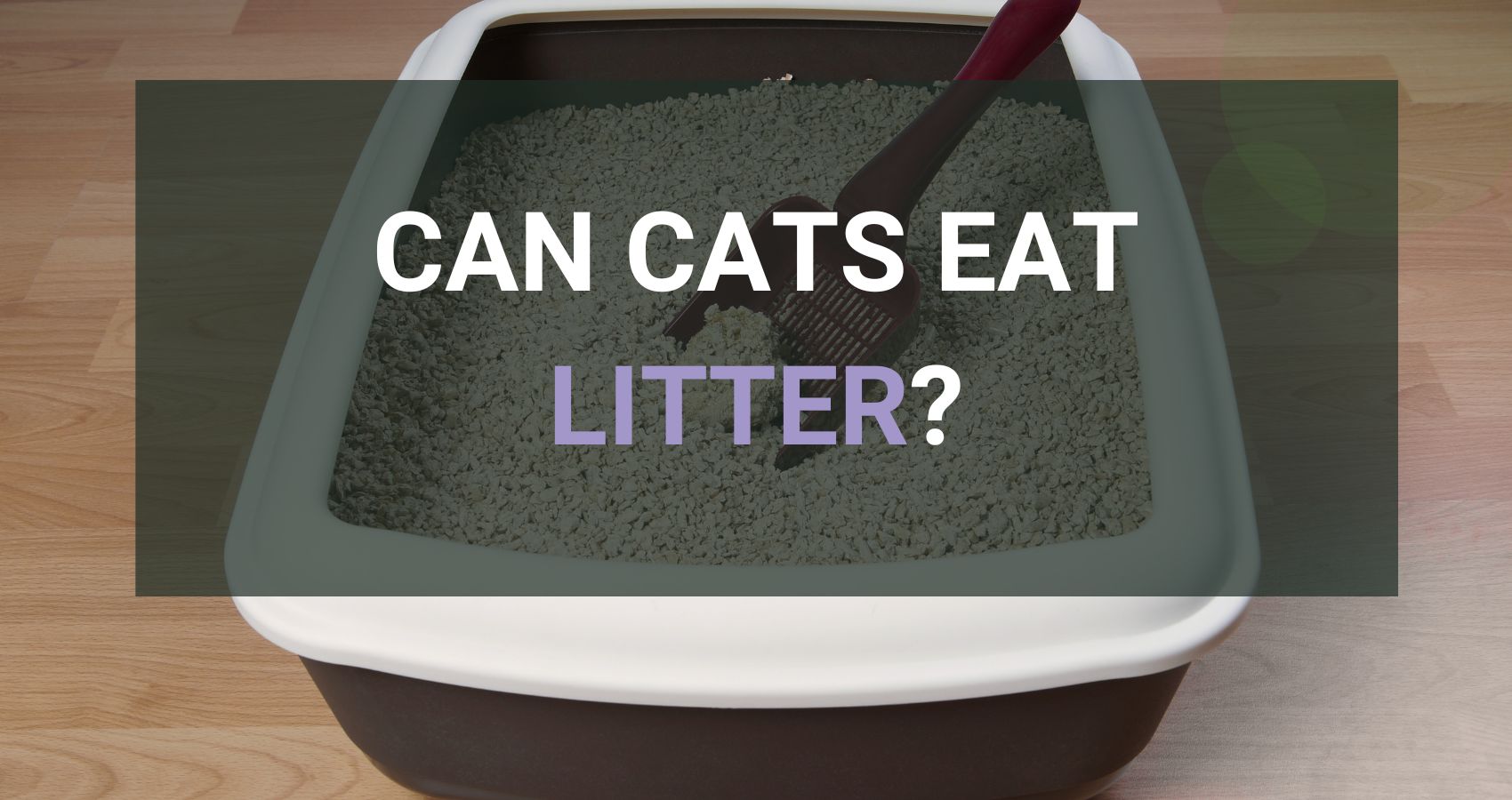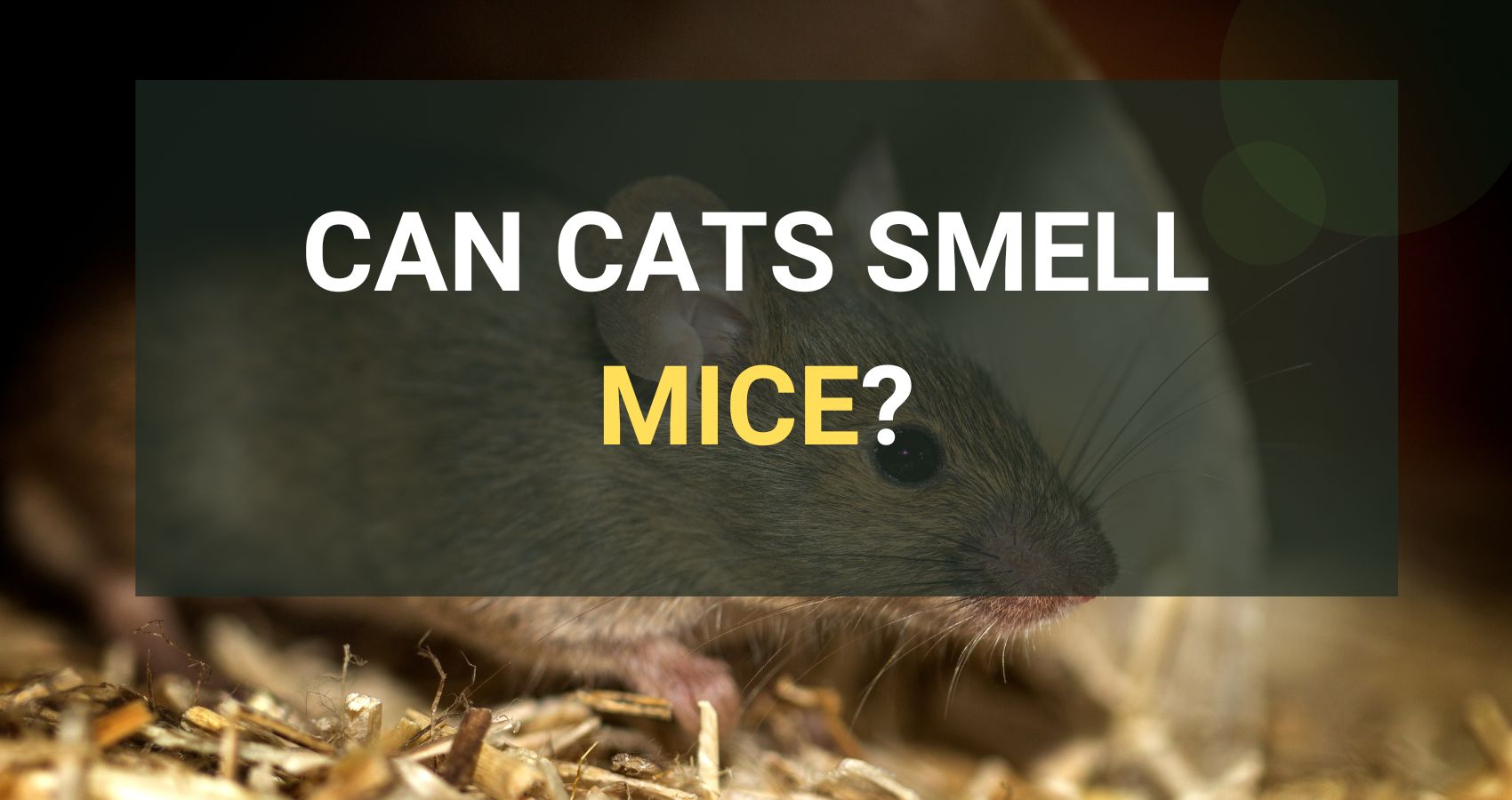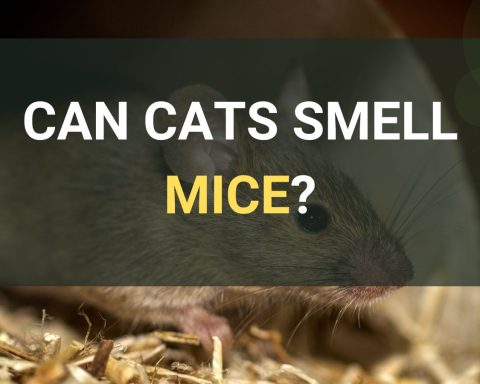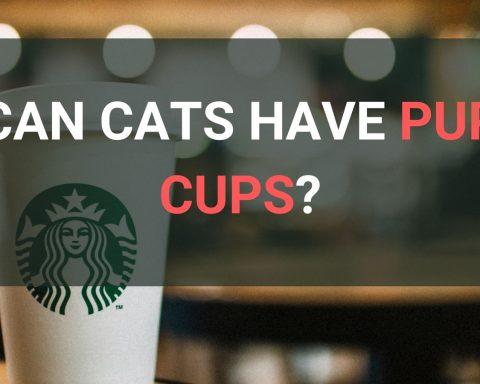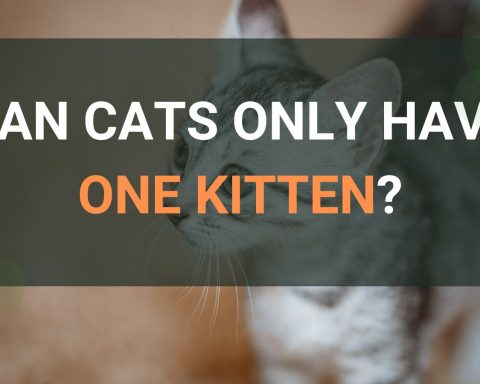As cat owners, we are aware that our animals can exhibit some rather bizarre habits. One behavior we can do without is eating litter. They ask us to pet them, bite us, make bizarre chattering noises at the birds outside the window, and gaze at us from across the room.
If your household has cats and you’re worried about them eating the litter, read on as we explore the possible health effects. We’ll also discuss the potential causes of your cat’s potential litter-eating behavior as well as potential solutions so that you are more educated.
Can Cats Eat Cat Litter?
Yes. Cats who suffer from the illness known as pica compulsively eat non-food items including plastic, mud, and/or wool. Pica can start in childhood and last until adulthood.
On the other side, coprophagia is the act of ingesting feces. Although it could be unsettling to observe, cats do it naturally. Coprophagia can occur in cats, despite the fact that it is primarily associated with dogs. In reality, kittens frequently eat feces.
Kittens are born with gastrointestinal tracts that are clear of microorganisms. Kittens may gain from eating bacteria through feces during their first few weeks of life in order to support the development of a healthy gut environment. Most cats overcome their coprophagia after being weaned and taught to use the litter box, but in rare circumstances, it can persist into maturity.
When combined with urine or feces, clumping litter, which is frequently manufactured from sodium bentonite clay, sticks together. If consumed, it may form clumps in the cat’s digestive tract and result in a possibly fatal intestinal obstruction. Additionally, the clay may deplete the cat’s body with minerals like potassium and iron.
Make sure there is enough enrichment at home in the form of play and providing a variety of toys to promote interest if your cat is healthy and still eats litter. The most essential thing is to make sure you obtain your cat the safest kind of litter if he does have the propensity to sneak a taste of his litter out of curiosity.
Can Cats Digest Paper?
Yes, cats are carnivores, thus they cannot fully digest the cellulose in the paper. However, if they occasionally consume little amounts, these pieces often just dissolve into mush in the digestive tract and exit the body with feces. If your cat ate paper once, it wasn’t extremely dangerous, but if it happened more frequently and intensely, it could become a problem.
This behavior turns into a problem when a cat starts to chew greater and larger volumes of paper more frequently. When consumed regularly, chemicals found on various types of paper, such as ink, dyes, wax, bleaching agents, and scents, may be dangerous. The usual passage of food in the intestines may get obstructed if there is a significant amount of paper present.
Can Cats Eat Yesterday’s News Litter?
Yes, A pelletized, recycled newspaper cat litter is called Yesterday’s News Cat Litter. since there is hardly any dust and it is pelletized. Veterinarians frequently suggest this litter as a post-operative litter. The majority of cats and cat owners who try it eventually stick with it since it’s:
- Unscented – without aroma
- Suggested by veterinarians for usage following surgery
- 3 times as absorbent as clay litter.
- 99.7% clear of dust
- hard on smells
- Pellets that are both non-toxic and non-abrasive (safe to consume)
- Made to have low tracking
- Friendly to the environment
- Available in packages of 5 lbs, 15 lbs, and 30 lbs
Can Cats Eat Kitty Litter
Yes, there are many possible causes for your cat to be consuming kitty litter.
1. Cats have been shown attempting to consume a variety of non-food items while using their mouths to explore their surroundings. They could like the taste or even the texture of the litter if it is composed of corn or wheat. Clay-based litter offers nutrients that may make up for any nutritional deficiencies, but cats may mistake corn or wheat-based litter for food.
2. Not to mention that your cat may be unwell if he starts eating from his litter box. One of the conditions that frequently cause people to consume trash or other non-food items is anemia, which is characterized by an unusually low red blood cell count. Anemia in cats can be brought on by parasites, illnesses, or, in more senior animals, cancer.
So, if you notice your cat consuming his litter, keep an eye out for additional indications of anemia, such as:
- A light gum color
- Weakness
- Quickly breathing
- Lethargy
- Getting more sleep than usual
- Fever
Calling your veterinarian is advised if your cat frequently eats litter. Make that the cat has been examined or treated for intestinal parasites and that no other gastrointestinal conditions are present.
3. If a cat’s health is normal, its litter-eating behavior may not be a physical problem at all but rather a psychological one. Even kittens can exhibit anxiety-provoking behaviors, particularly if their surroundings aren’t sufficiently stimulating for them.
Behavioral causes, such as nervousness, are more frequently the culprits behind adult cats’ tendency to eat their litter. Therefore, if you observe that your kitten frequently eats litter, you should consult your veterinarian straight once because each of these causes demands a distinct course of action.
4. Numerous cats frequently experience nutritional deficits. Eating litter is a response to these nutritional deficiencies. Clay is a common material used in commercial cat litter, and it is rich in minerals. As a result, your cat feels a nutritional gap in its diet and seeks to fill it by consuming litter.
5. This behavior could also be a symptom of renal or feline leukemia. Your cat’s total blood count will need to be examined by your veterinarian to make these diagnoses. The use of an MRI or another imaging method can be required. Once more, don’t wait to take your cat to the clinic if you see that they are consuming litter.
Additionally, some of those underlying problems are truly rather dangerous and have to be discovered as soon as possible.

